Keywords: Australian Catholic University
-

EDUCATION
- Michael Furtado
- 28 September 2023
38 Comments
As Australia grapples with educational inequality, those in the Catholic education system must ask: how do we test for a clear commitment to Catholic Social Teaching and the seminal role it plays in enunciating the guiding principles of Catholic education, particularly in regard to it being offered, ‘first and foremost … to the poor’?
READ MORE
-

ARTS AND CULTURE
- Bill Uren
- 26 September 2023
16 Comments
Why has Orwell's wife, Eileen O’Shaughnessy, been strikingly omitted from his many biographies? As Anna Funder's Wifedom delves into this oversight, we're prompted to question: have we truly moved beyond the casual patriarchy?
READ MORE
-

RELIGION
- Bill Uren
- 15 September 2023
3 Comments
As society grapples with evolving concepts of gender, and as the Catholic Church has maintained a stance in conflict with modern gender theory, recent statements by American bishops spotlight the chasm between doctrine and contemporary gender theories. Can these differences be resolved?
READ MORE 
-

RELIGION
- John Warhurst
- 14 September 2023
46 Comments
As the Voice Referendum campaign intensifies, many Catholic groups rally behind the Voice. But Australia's church leaders remain above the fray, maintaining neutral positions. As the lines between faith, politics, and indigenous rights blur, should the bishops be more prescriptive on how to vote?
READ MORE
-
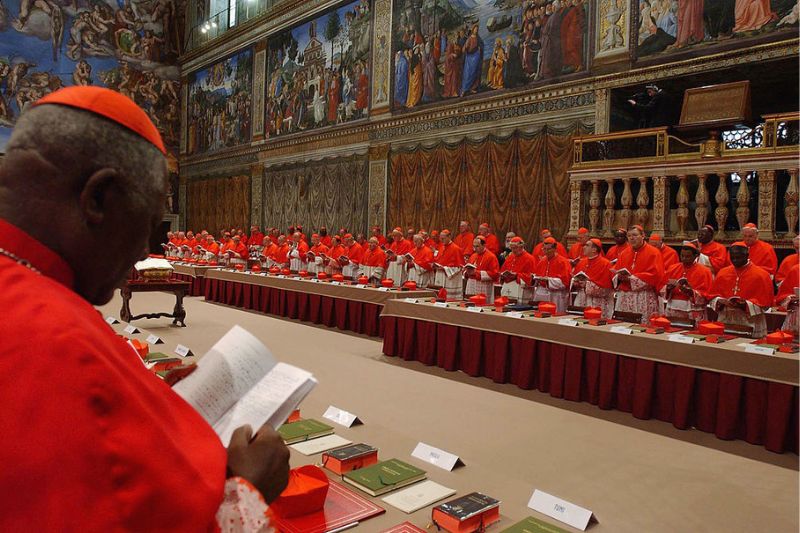
RELIGION
- Miles Pattenden
- 06 September 2023
4 Comments
In a recent interview, Professor of Church History and conclave expert Alberto Melloni passionately argued that the current conclave system, shrouded in secrecy and absent of clear criteria, might be outdated. With the Catholic Church facing unprecedented scrutiny, and in light of reforms initiated by Pope Francis, is it time for the Vatican to reconsider how its supreme pontiff is chosen?
READ MORE
-
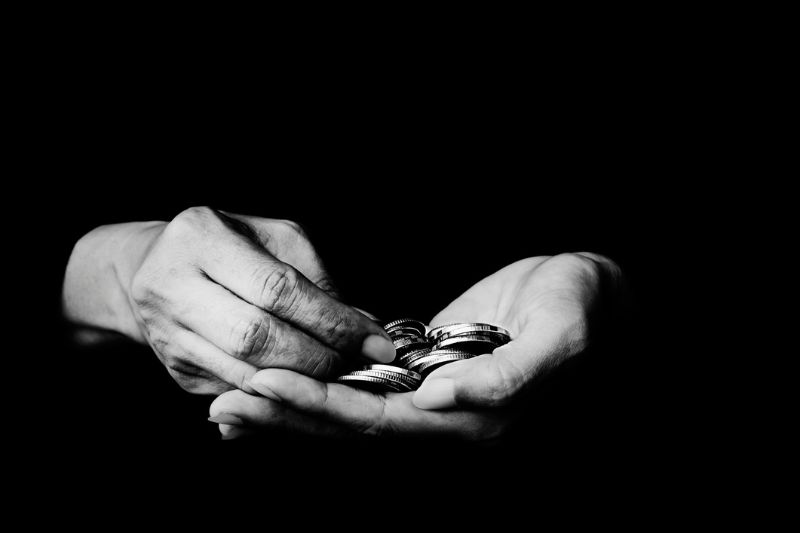
AUSTRALIA
- Mark Gaetani
- 02 September 2023
A new report for St Vincent de Paul Society suggests minor tax and welfare tweaks could lift 834,000 Australians from poverty. Amidst skyrocketing rents and income disparities, the call for an empathetic economic overhaul is louder than ever.
READ MORE
-

RELIGION
- John Warhurst
- 15 August 2023
43 Comments
In Australia, Catholic schools are thriving amidst declining parishes. As the Synod on Synodality looms, can these institutions, grappling with a diverse, increasingly secular student body, reshape the future of the Catholic Church in Australia?
READ MORE
-

EDUCATION
- Anthony Dillon
- 10 August 2023
1 Comment
We need to change the language from improving 'attendance' to improving 'engagement' — to reflect that schools need to be places of learning for Indigenous children, not just minding centres, and that learning comes with engagement. (From 2019)
READ MORE
-
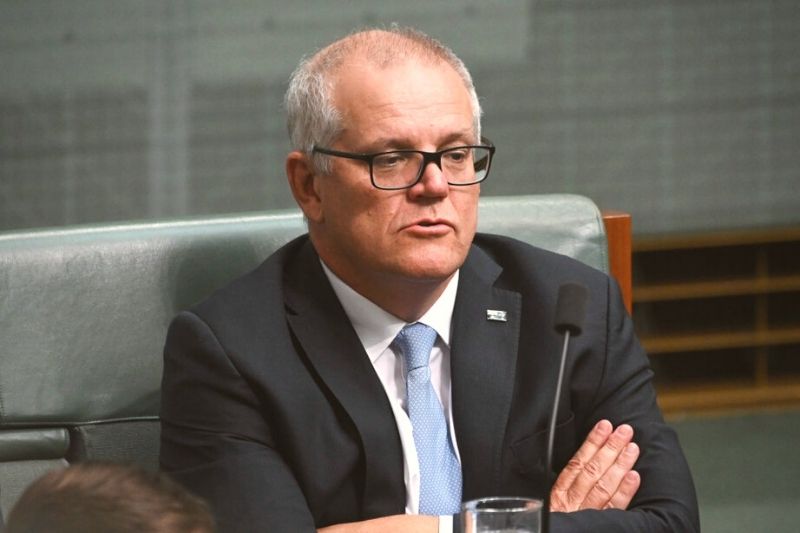
AUSTRALIA
- Mark Gaetani
- 02 August 2023
5 Comments
Despite causing despair and even leading to lives lost, those who orchestrated Robodebt from 2015 to 2019 appear unrepentant. Yet one fact remains unchallenged: this scheme lays bare a troubling disregard for the dignity of the most vulnerable in society.
READ MORE
-
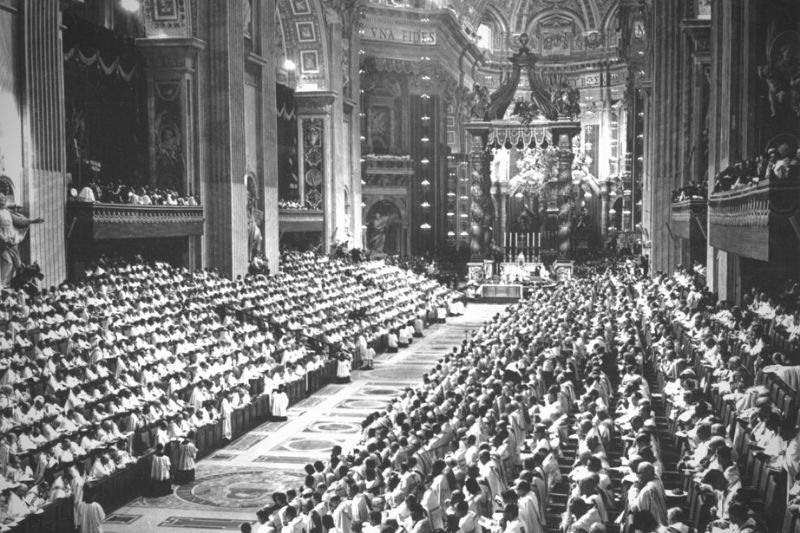
RELIGION
- Emmanuel Nathan
- 20 July 2023
26 Comments
Digitisation of memory risks erasing historical appreciation of debates around the Second Vatican Council, where binary responses often eclipse the Council's nuanced narrative. To truly understand its impact, we must not outsource memory, but connect personally with this transformative chapter of our faith's history.
READ MORE
-

ARTS AND CULTURE
- Gillian Bouras
- 07 July 2023
1 Comment
Comparing perspectives from different generations of Irish writers, Fintan O'Toole explores the weight of Ireland's 'lovely past', its unaddressed traumas, and their impact on the present. Addressing themes of change, politics, and religion, his narrative offers an unflinching exploration of the Emerald Isle's history.
READ MORE 
-
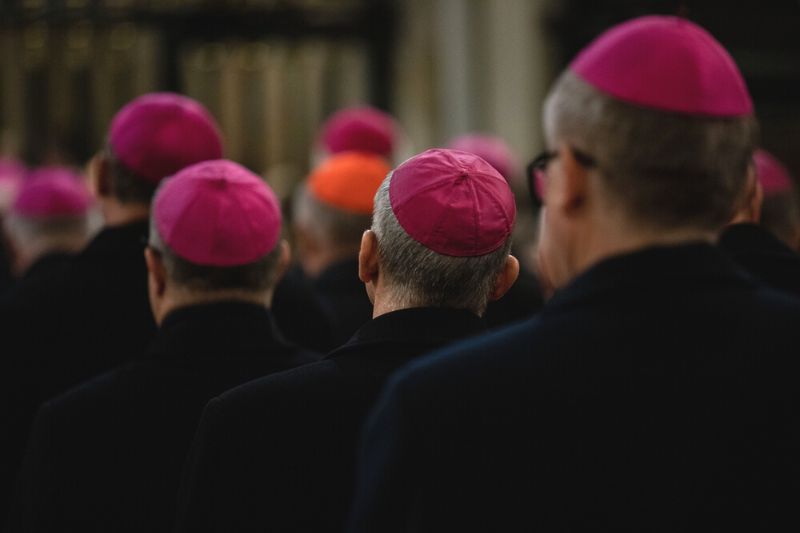
RELIGION
- John Warhurst
- 05 July 2023
11 Comments
As the Vatican releases the working document for the first Synod on Synodality, reactions within the Catholic community are mixed. While many applaud its open approach to divisive issues, others deem it too progressive or insufficiently thorough. Australian bishops encourage engagement, but the road ahead poses significant challenges.
READ MORE